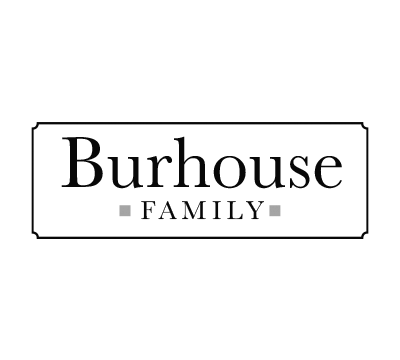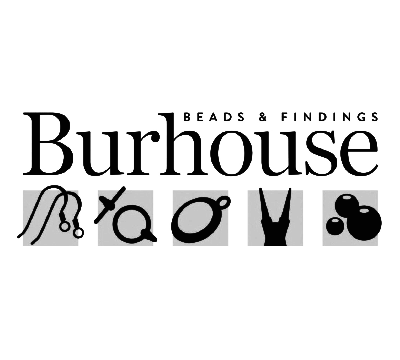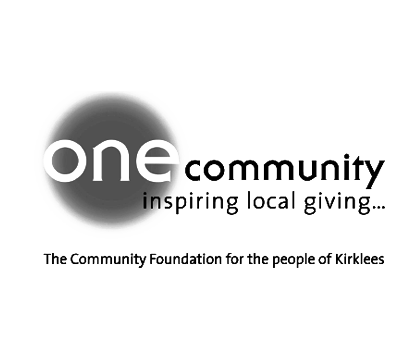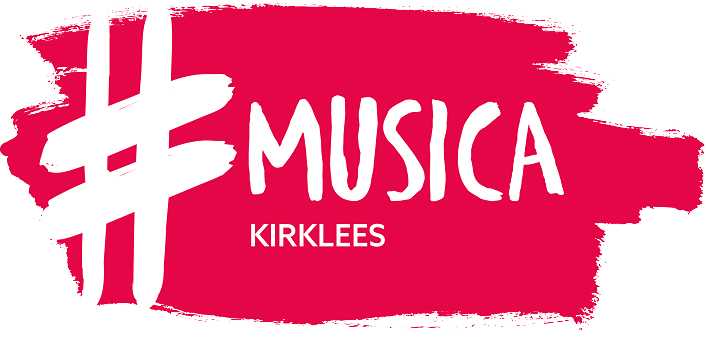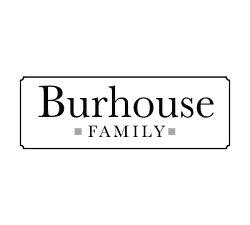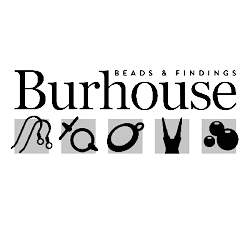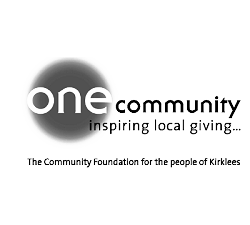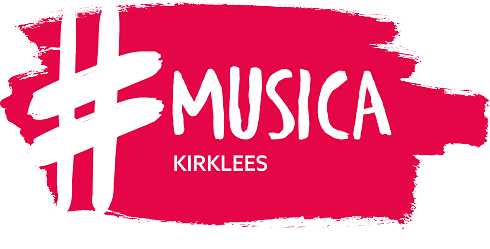About MRS S
Huddersfield Mrs Sunderland Festival is one of the largest festivals in the country, attracting well over 5000 performers during its eleven day event in Huddersfield Town Hall with many hundreds more in audiences. Instrumental, vocal, choirs, musical theatre, speech and drama classes for all ages and abilities are complemented by a series of workshops for adult singers, special needs schools, key stage two schools, dementia tea dance and toddler workshops. The annual Young Musician of the Year competition is held during the festival, it is open to those aspiring to be professional musicians from all over the country and carries a prize of £1000. Audiences are welcome throughout the festival. The Dance Showcase and Adult Discofest are popular events and there are three showcase concerts to enjoy; the culmination of a days’ singing at the adult choral workshop, a glimpse of some of the performances at the key stage two workshop and the Last Night of the Festival Concert which showcases some of the best performances of the festival along with the adult choir final class and set off with a performance by the successful Young Musician of the Year.
Mrs Sunderland (1819 - 1905) - The Yorkshire Queen of Song
Susannah Sykes was born at Spring Gardens, Waring Green on the 30th of April 1819 and baptised at Lightcliffe St Matthew on the 30th of May 1819. She was the seventh of eleven children born to James Sykes and his wife Hannah nee Smith. James was employed by Mr Charles Radcliffe as the Head Gardener at Smith House in Lightcliffe.
As a young girl, Miss Sykes held an ambition to sing in the choir of Bridge End Congregational Chapel, but as we now know she performed at many prestigious events throughout the United Kingdom and the Republic of Ireland. Many early records sadly only mention Luke Settle, a blacksmith but there were several others who were equally if not more influential in her development as a vocalist:
- John Denham, choirmaster at Bridge End Chapel, a Tenor voice and accomplished cellist
- Henry Broomhead, school teacher, who played the violin at Bridge End Chapel
- Gilbert Goldthorpe who provided the family with a piano, and taught her music and singing
- George Wilkinson, choirmaster at St Martin’s Church, Brighouse
Daniel Holgate Sugden, a pub landlord, organist, double bass player and very involved with the running of The Halifax Choral Society. He promoted the early appearances of Miss Sykes, and continued to appear with her until his death in 1846. Her debut at the age of 14 years was on the 25th of September 1833, and was a benefit concert at Lightcliffe Church for the widow of fellow musician Robert Sladdin.
The George (Hotel) Glee Club funded elocution lessons for Miss Sykes, and they employed her from her early teens as a regular paid performer. Her voice was described as “a high soprano of great force and volume, which she managed with much expression.”
Miss Sykes was one of the first to join the ranks of the recently formed Huddersfield Choral Society. She became and remained principal soprano of this wonderful choir until her retirement at the age of 45 years.
On the 16th of June 1838, the Leeds Intelligencer reported her marriage to Henry as “June 7th, at the parish church, Halifax, Mr H. Sunderland of Brighouse, butcher, to Miss Sykes, the well-known vocalist.”
Henry and Susannah raised six children, three boys and three girls. Agnes, the first child, was born during the September quarter of 1839.
As her fame spread, Mrs Sunderland performed throughout the West Riding of Yorkshire, and became principal soprano of several additional choral societies. The British Newspaper Archives list thousands of appearances extending throughout the UK, as her popularity and the rail network developed. It was also a time of new church buildings (The Million Pound Churches) and she appeared to favour appearing in these new venues. She also performed in smaller gatherings and had a team of fellow singers with whom she appeared regularly - Joe Wood of Wood and Marshall music shops, Miss Crosland and several of her own pupils including Miss Newbound, Miss Tankard and Miss Belina Whitham.
Her appearance in London, during 1842, attracted the attention of the Prince Consort and the Duke of Cambridge. Her regular appearances in the capital continued throughout the 1840s and 1850s.
In January 1852, she appeared in a performance of Haydn’s Creation at the Manchester Free Trade Hall. The press reported thus:
“… a work in which she greatly excels. Of Mrs Sunderland’s talent as a vocalist we have had many occasions to speak favourably and the present did not in any way lessen our admiration. The music is peculiarly adapted to her pure voice and brilliant style of execution, and throughout the evening she lost no opportunity of displaying both to advantage. That delightful melody, With verdure clad, she sang with an evident appreciation of its great beauty - nor less perfect were the characteristic traits which she threw into that air, On mighty pens. In the part music, she also showed the skill of an artist with a thorough respect for her art.”
In 1858, in the presence of Queen Victoria, she sang the National Anthem at the first Leeds Music Festival to celebrate the opening of Leeds Town Hall. There followed a commandment (invitation) to sing for Queen Victoria and Prince Albert at Buckingham Palace.
Her appearances in Scarborough were grand events. Open air concerts with illuminations and fireworks and the banners announcing her appearance were described as having 4 foot high lettering.
The early 1860s were spent entertaining fans north of the border - Aberdeen, Dundee and Edinburgh were very popular venues.
In April 1863, she began a series of farewell appearances which took over a year to complete. Her final appearance as a performer was at the Philosophical Hall in Huddersfield on the 3rd of June 1864.
Mrs Sunderland continued in retirement to teach singing and to enjoy the life of a proud grandmother to her 19 grandchildren.
In 1888, on the occasion of her Golden Wedding anniversary (a rare event in those days), a subscription concert was arranged at the Civic Hall in Brighouse. Mrs Sunderland was presented with an illuminated congratulatory address enclosed in a silver gilt casket. Later that year, on the 4th of December, members of the Mrs Sunderland Jubilee Celebration Committee met at her home to discuss the details of the Mrs Sunderland Competition, which was set up using the balance of the funds raised for the celebrations. The stipulation was that Mrs Sunderland’s name must be used. At the end of the evening, Mrs Sunderland performed two pieces “in which she showed that she still retained extraordinary powers of vocalisation. Her voice is still full of force, beautifully rich and the trill was executed in a manner worthy of her best days.”
The first Mrs Sunderland Competition was held on the 12th and 13th of April, 1889. Mrs Sunderland attended that competition and presented the prizes. After her death in 1905, at the age of 86, her youngest daughter, Mrs Caley, presented the competition prizes at the 1908 and 1909 festivals.














